In today's corporate environment, energy companies face stiff competition and mounting pressure to be efficient and profitable. ERP software is a valuable tool for achieving these objectives. SerpentCS Odoo ERP for Energy Sector offers a complete set of solutions, allowing energy organizations to streamline operations and optimize resources.
The energy industry broadly uses ERP platform, a technology that plays a crucial role in saving time, money, and labor expenses. The integration of ERP systems is increasingly being adopted by various energy sectors to automate business activities and improve the document management workflows.
What is ERP for Energy Industry?
ERP solutions for the energy industry are customized software solutions that cater to the distinctive requirements and obstacles faced by energy companies. These systems incorporate industry-specific functionalities and features to effectively handle complex processes and meet regulatory standards. By implementing ERP systems tailored for the energy sector, organizations can optimize operations, enhance decision-making capabilities, and improve productivity throughout the entire value chain.
Types of Energy-Sector Industries
The energy sector encompasses a range of industries, each characterized by distinct attributes and specific demands. These industries can be extensively categorized as:
Oil And Gas
The finding, extraction, processing, and distribution of oil and natural gas resources are the responsibilities of the oil and gas sector. This industry involves complicated procedures in drilling, well administration, refining, and transportation.
Power Generation
Power generation companies produce electricity from numerous sources including fossil fuels and nuclear energy. They run power plants and take care of the transmission and distribution of electricity.
Mining Industries
Mining Industries mine and produce minerals and other resources that the energy industry uses, such as uranium, coal, and rare earth metals. Mining management usually operates in faraway and challenging environments and may cause significant environmental and social effects.
Renewable Energy
The Renewable energy company designed to originate and share electricity sourced from solar energy, hydro energy, bioenergy, wind, biomass and geothermal energy. They can be sustainable by lowering carbon emissions while simultaneously implementing & developing breakthrough renewable energy technology.
Chemicals
Some companies focus on turning oil and gas into specialty chemicals, unlike many big oil producers who are integrated energy producers. This means they produce a variety of energy and control the whole process.
Challenges faced by Energy Sector
- Lower Operating Costs Account for Rising Profits
- Supply Chain Management Concerns
- Asset and Data Management
- Working with Work Orders
- Shortage of Coal and Raw Materials
- Lack of Real-time Visibility
- Time Consuming & Manual Processes
Key Benefits of Energy Sector ERP system
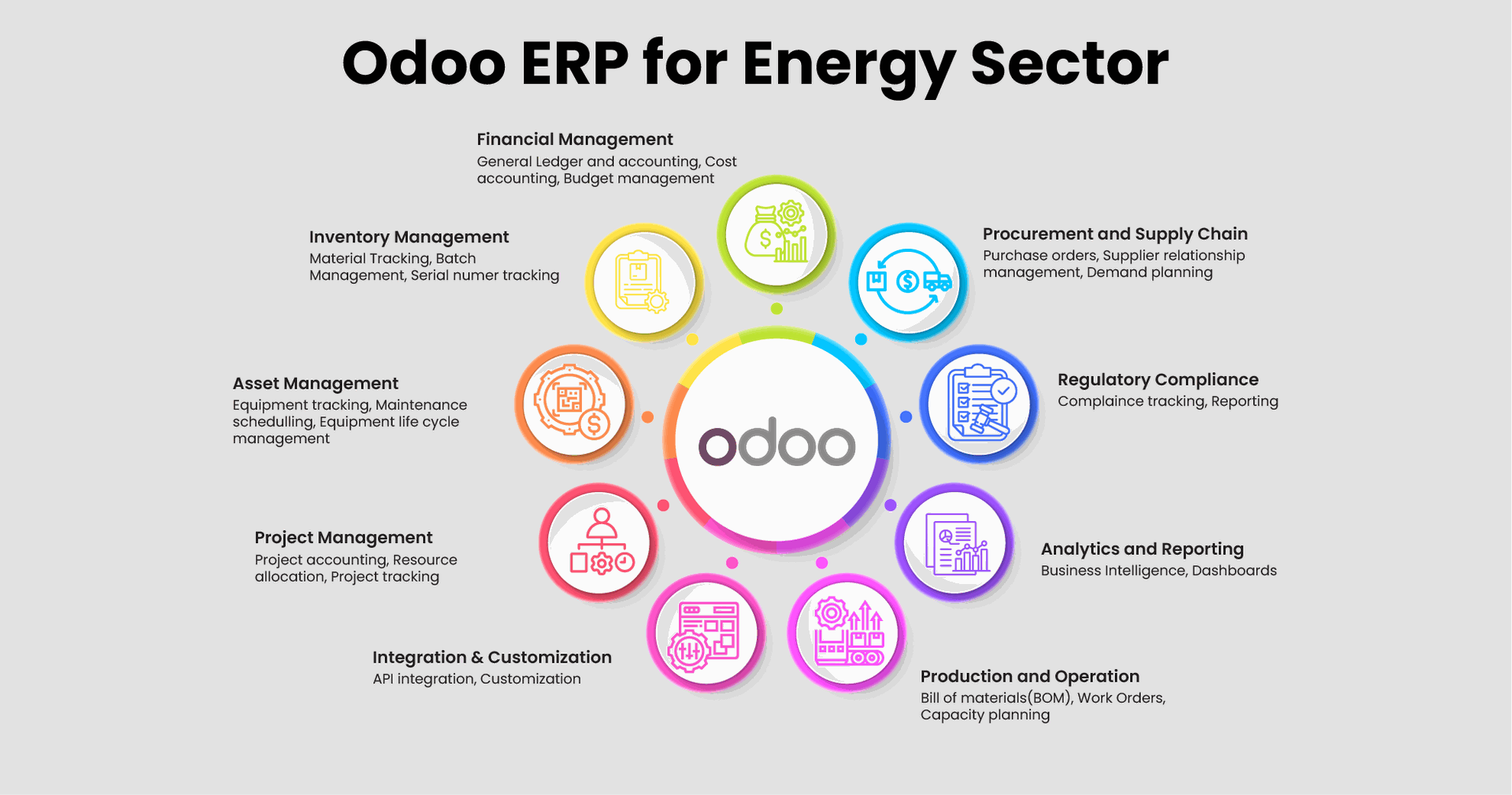
Field Service Management
Enterprise organizations in the energy and utility industry place great emphasis on field service management. By adopting Odoo ERP development services tailored for the renewable energy sector, enterprises can gain numerous advantages. This solution encompasses cutting-edge software automation tools and business intelligence applications, leading to substantial improvements in operational efficiency and workforce productivity.
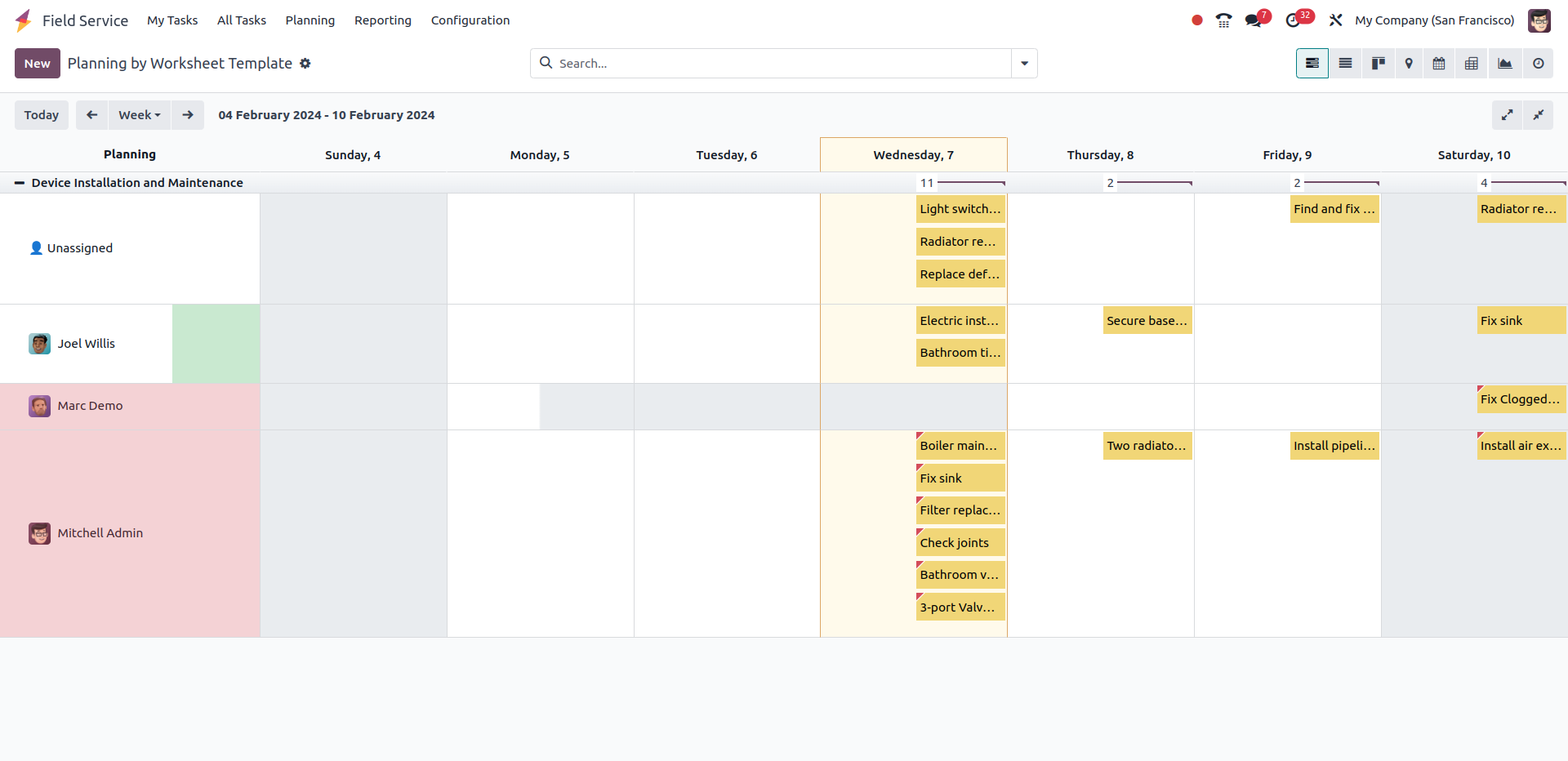
Invoicing
In the power industry, the invoicing and billing process should be determined by the individual consumption rates of households, shops, and industries alike. Odoo ERP platform offers a customizable invoicing module, equipped with a wide range of built-in templates, to cater to the varying requirements of different businesses. Once you finalize an invoice template and customize it as per business needs, it will automatically generate customer invoices and share them with the respective customers via email or any third-party integrated platform.
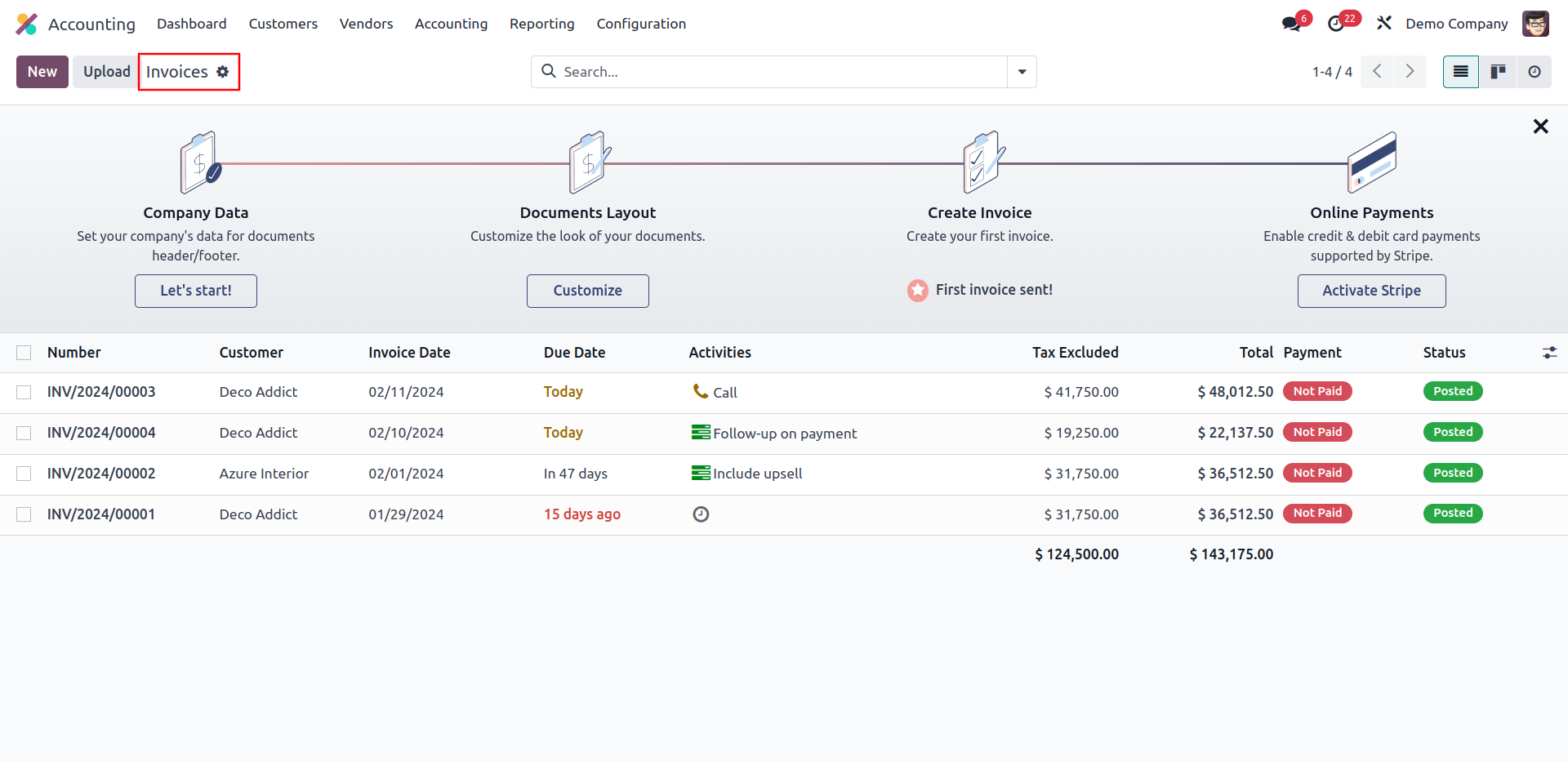
Supply Chain Optimization
Odoo ERP Inventory for Energy Sector helps companies to manage their supply chains and optimize business operations. They provide a comprehensive view of organizational activities, facilitating efficient supply chain optimization. Energy companies face unique challenges in collecting and sourcing raw materials, managing distribution networks, and meeting demand fluctuations. An effective Odoo ERP system for the energy sector with inventory management can monitor energy demand, supply, logistics, production status, and distribution to drive systematic operations and ensure reliable energy delivery.
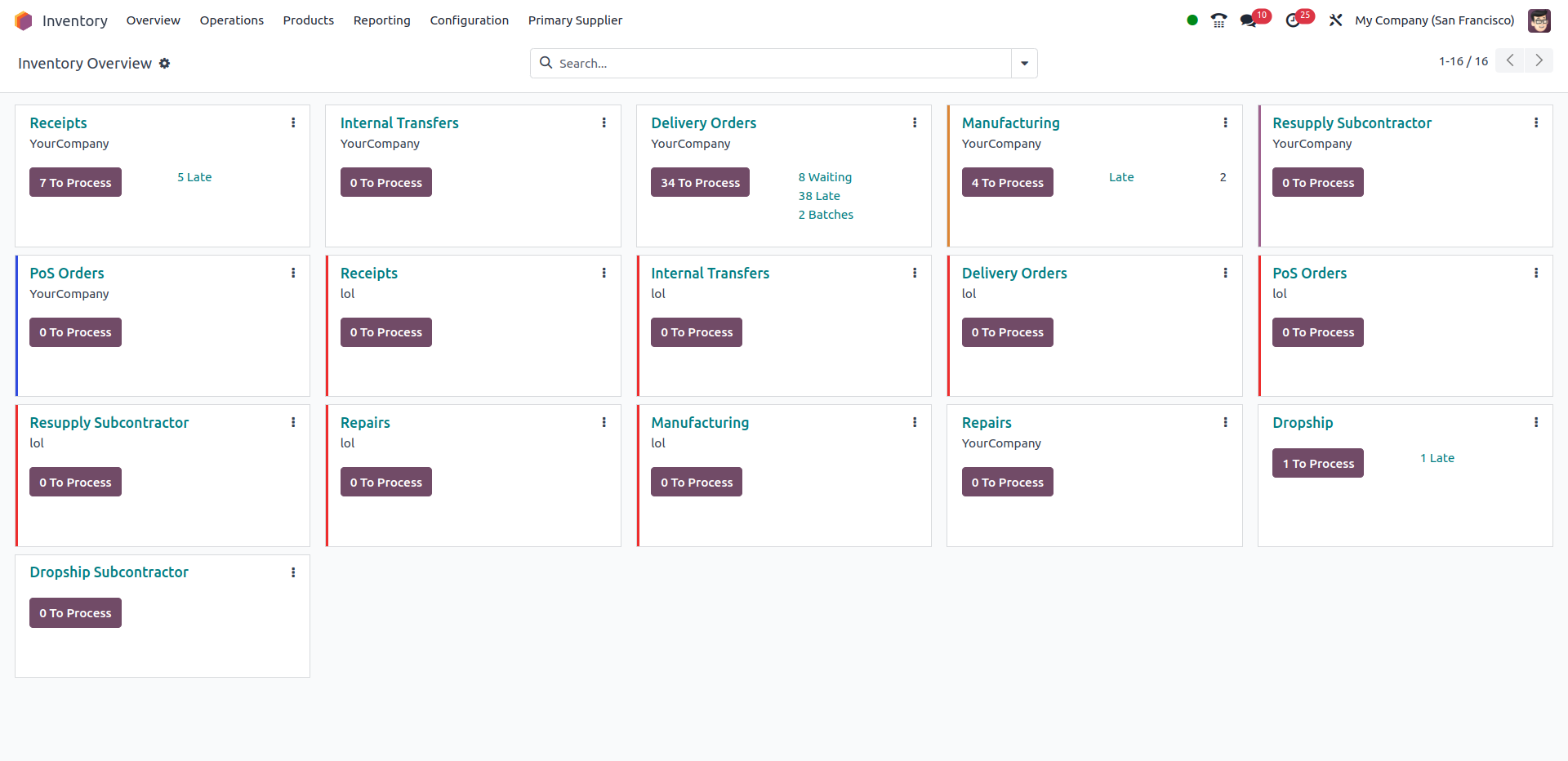
Asset Management
Energy companies invest significantly in assets, including oil fields, power plants, pipelines, and renewable energy infrastructure. Odoo Energy Management solutions tailored for the energy industry empower efficient asset management through features like real-time monitoring, predictive maintenance, and asset lifecycle management. These capabilities assist in optimizing asset utilization, reducing downtime, and extending the lifespan of vital equipment.
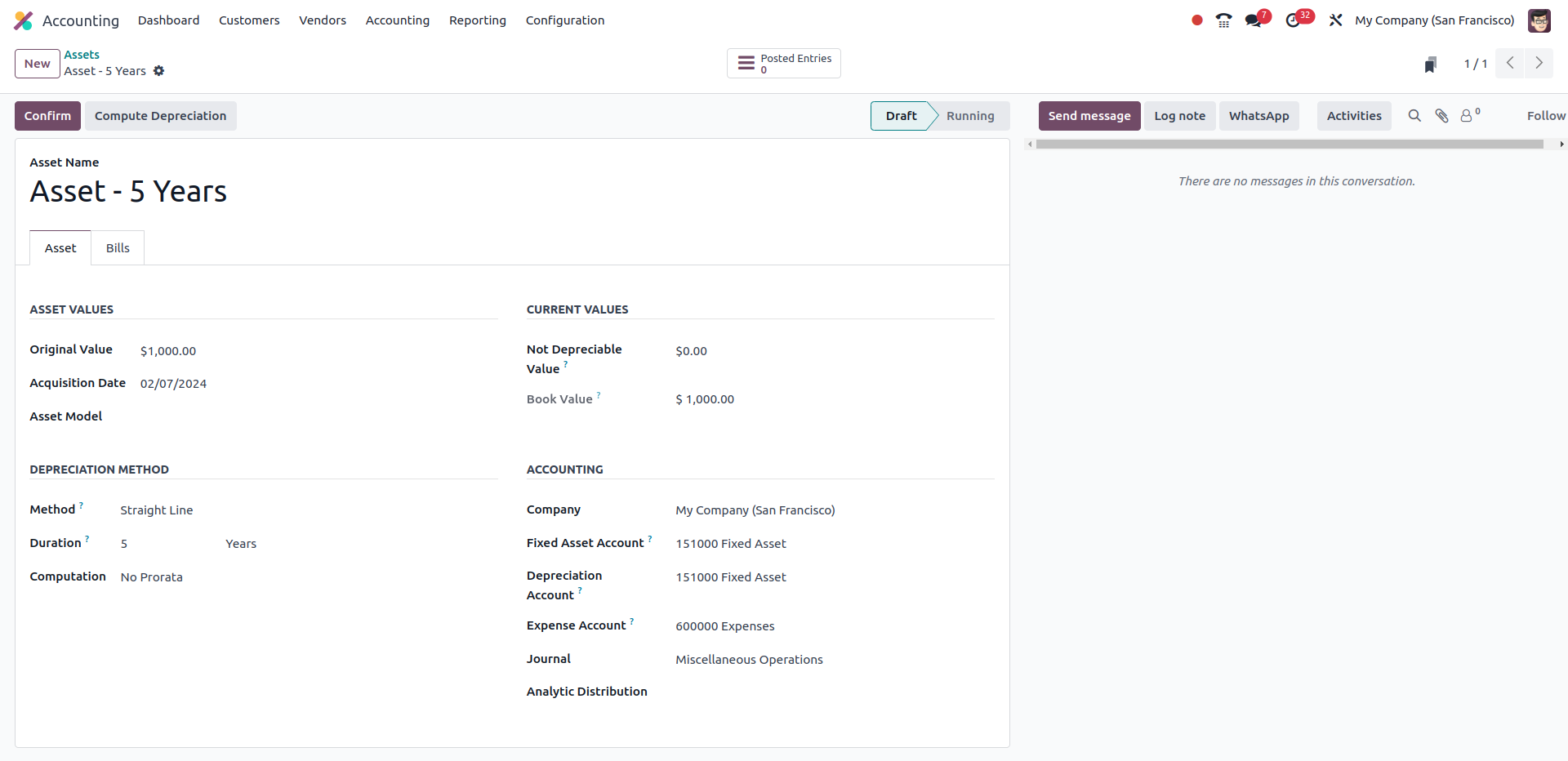
Financial Management
Financial management in an ERP platform involves modules for revenue and billing management, cost management, regulatory compliance, project accounting, asset management, risk management, and Accounts reporting and analysis.
Energy companies need effective financial management to succeed. ERP solutions offer various financial management features that cover budgeting, invoicing, cost control, revenue management, and financial reporting. These solutions integrate financial data from different departments smoothly, giving accurate and timely insights for smart decision-making.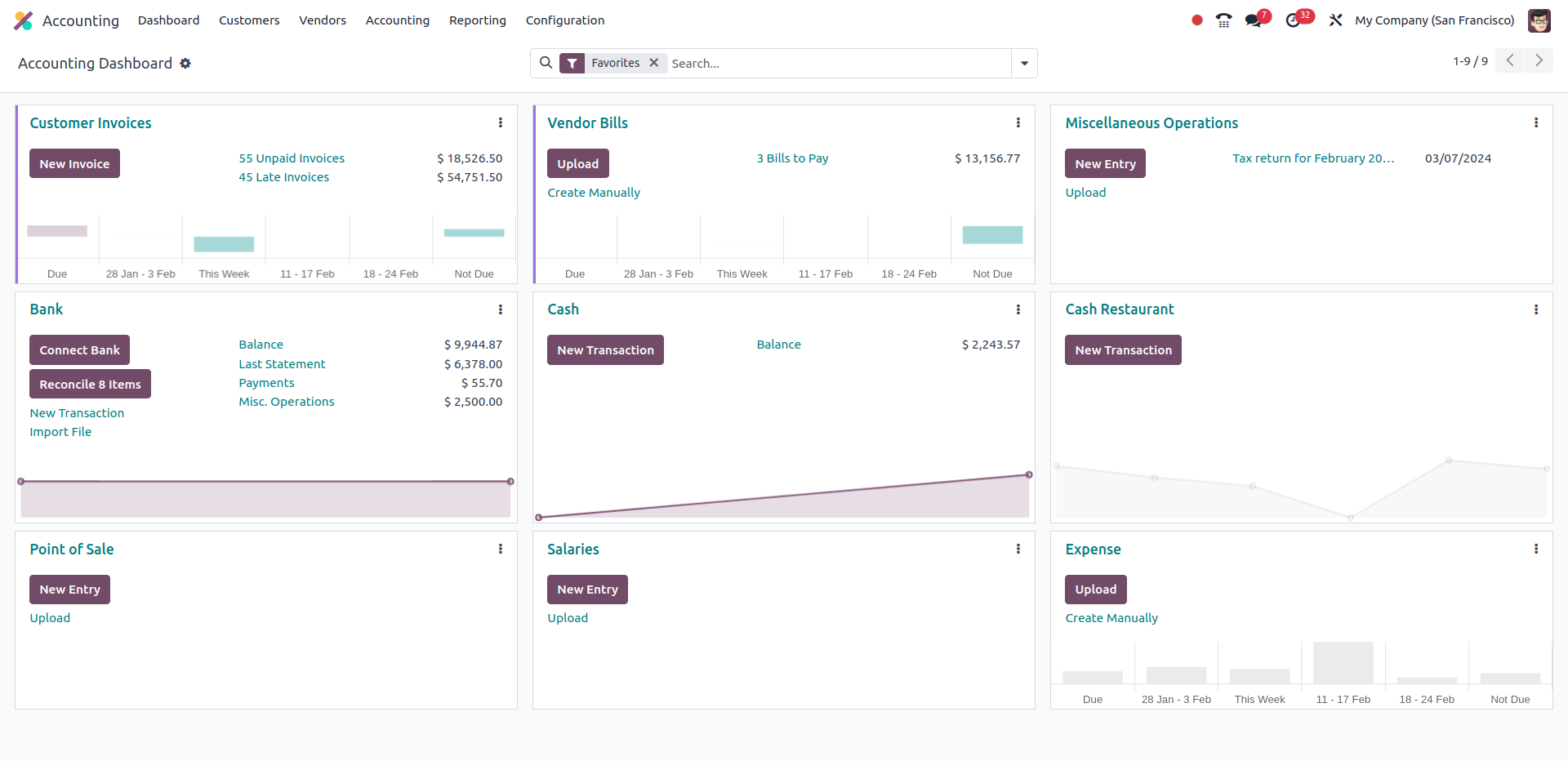
Project Management
The energy sector requires big projects, such as constructing power plants or renewable energy systems. ERP platforms assist with project management in the energy sector, by offering tools for planning, scheduling, resource allocation, and cost control. These systems foster better collaboration among project teams, resulting in faster project completion and cost efficiency.
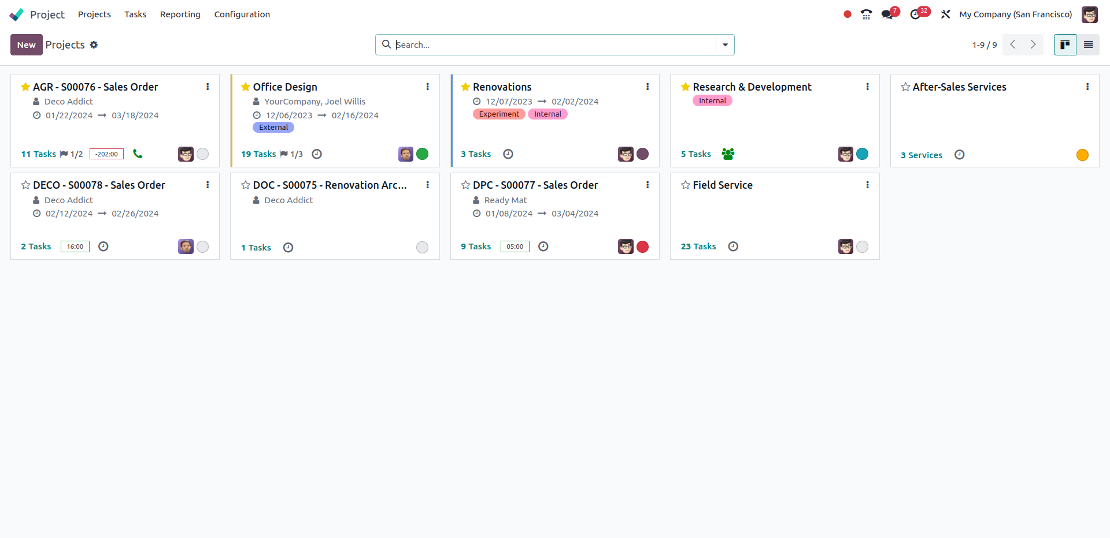
Workforce Management
Odoo ERP Platform renders complete support for workforce and employee management, enabling enterprises to maintain structured workflow with minimal operational complexities. That being said, the key features of ERP in workforce management includes employee rostering, task scheduling, shift planning, attendance, and time tracking.
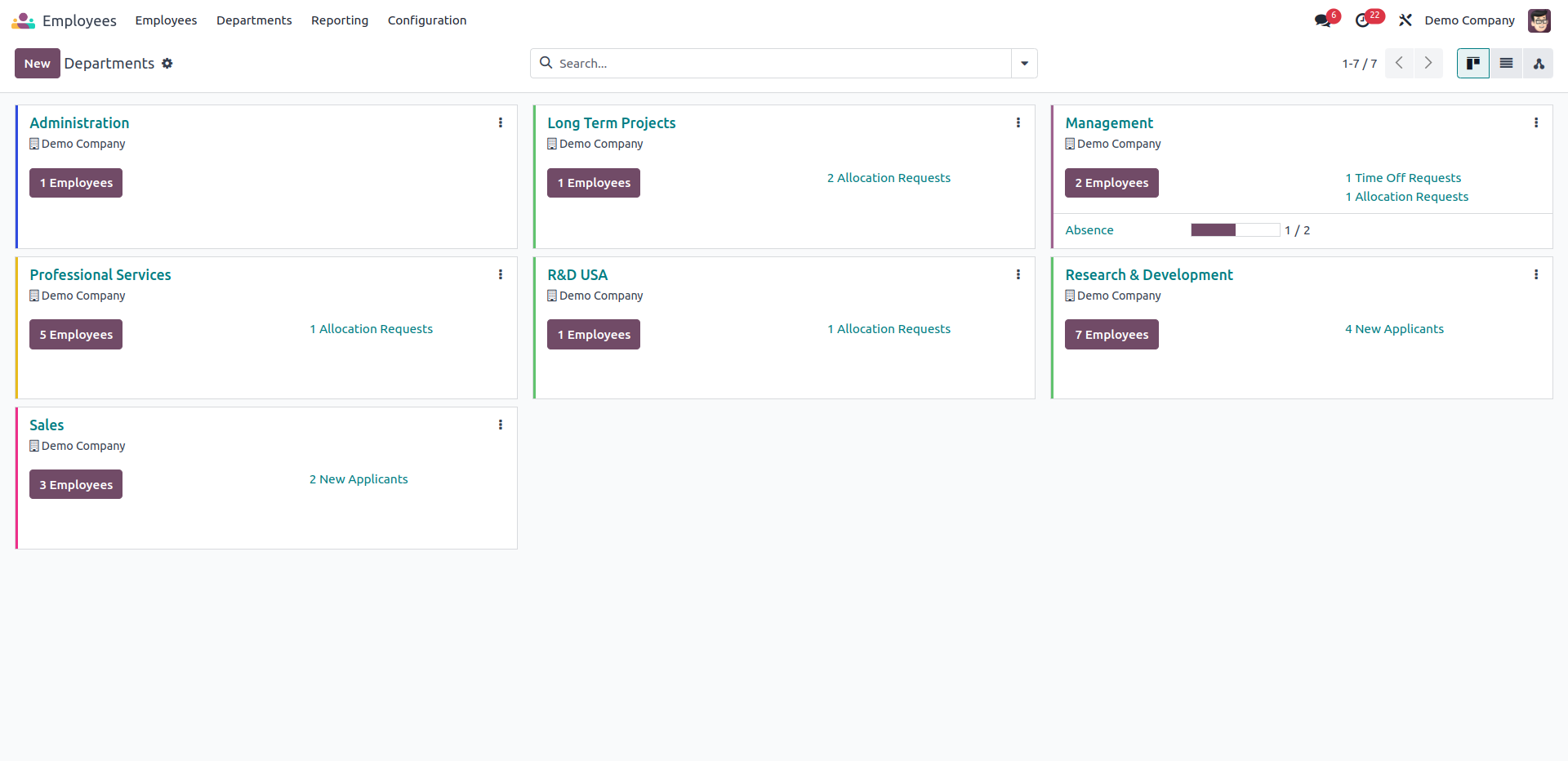
Conclusion
Energy companies need ERP systems to optimize their operations. If you are an energy company that wants to optimize your operations and increase efficiency, you should think about SerpentCS’s ERP Software Solution. You can experience the software’s capabilities by talking to our ERP Experts. SerpentCS’s Odoo ERP solution for energy companies has many powerful features, such as real-time data analytics, integrated supply chain management, and customizable modules that can fit any energy company’s needs.
FAQs
ERP for the Energy Sector refers to erp software solution tailored specifically for companies operating in the energy industry. These solutions integrate various business processes like finance, procurement, and asset management, offering improved internal workflow and team-to-team collaboration.
Using ERP for your Energy Company ensures efficient resource utilization, optimized operations, and enhanced decision-making capabilities. It facilitates real-time monitoring of energy assets, improves regulatory compliance, and boosts overall productivity and profitability.
To find the right ERP software for the Energy Sector, assess your company's unique requirements, scalability, and compatibility with existing systems. Consider factors like industry-specific features, vendor reputation, and implementation support.
Contact us for free 30 min consultation. Contact Us
ERP costs vary depending on factors like company size, customization needs, and chosen vendor. Typically, expenses include licensing fees, implementation, training, and ongoing maintenance. Costs can also vary depending on the complexity of the solution and the scale of deployment.










